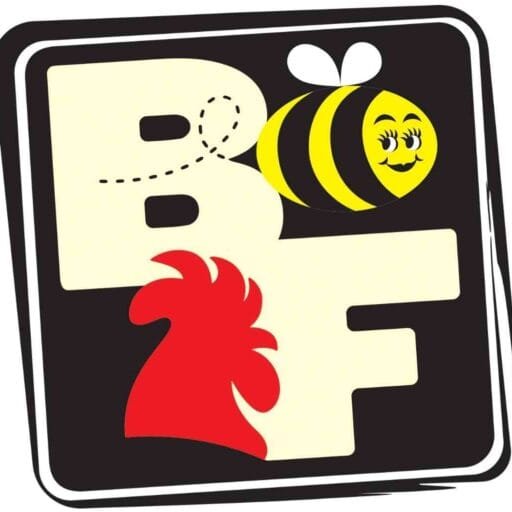The Story of Buddy's Farm
From Hive to Home: Pure Honey, Pure Delight
2009
Our Story:
Growing Through Challenges
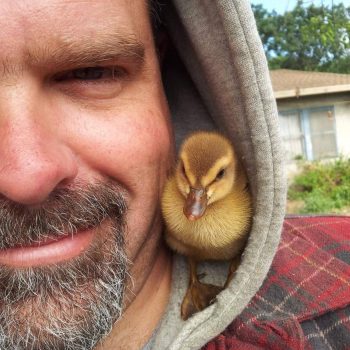
Long before we became known for our honey, our story began in 2009 when I was in a motor vehicle accident that left me disabled, no longer able to do the work I had been doing. We lost our home shortly thereafter and moved in with family in a rural area of Santa Rosa.
With two boys aged 4 & 7, I needed a way to teach them basic skills and work ethics, not to mention feed them, without reinjuring myself. A few months after arriving in our new home, we encountered a chicken on the side of the road. We captured him, brought him home, and named him Buddy.
Now, I am named after my grandfather, Gerald, whom everyone called Bud. He had various jobs throughout his life, one of which was working in a poultry processing plant. (Chicken was never to be on his plate again after that.) An ironic name for a rooster, but a worthy one nonetheless, for my grandfather was an honorable man. He taught me about business and how to be a man.
Buddy was, also, honorable. Within a few short months of being with us, he laid down his life protecting our hens from a hawk attack. Buddy’s Farm is his memorial.
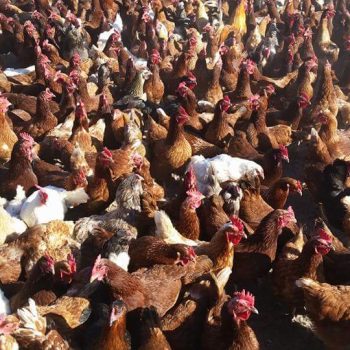
The boys and I transformed our new living space into a farm. We had chickens and ducks, raised bed gardens, resident horses to tend to, and a whole lot of space to be in and commune with nature.
Our first coop was constructed out of old barn wood, laying racks, repurposed metal roofing, and a mishmash of scrounged hardware. We dug a pond for the ducks and had laying boxes for the hens. Life abounded at Buddy’s Place, the predecessor to Buddy’s Farm.
At one point, we had about 100 birds running around. The boys were in charge of collecting eggs, cleaning the coop, and maintaining the yard. They’ve built and torn down so many fences they could do it blindfolded.
With all the eggs being laid, we had to find outlets. Our household could only eat so many, so we called upon a few friends who we thought would be interested. Let someone see you handing eggs to someone else just once, and you’ll never have to worry about where and how you’re going to get rid of eggs again.
The boys went to a school that was keen on all things natural, and hanging out during school drop-off proved to be a fantastic way to distribute even more eggs. The demand kept growing.
2013
Which Came First? The Bees!
In 2013, we went big. We rented 6 acres of pasture in the Hessel area of Sebastopol, CA. A 1,000-square-foot coop was built to house over 600 birds. This was BIG.
Daily trips in the morning and evening involved opening up, collecting eggs, locking up, doing maintenance, and checking the birds. There was a lot to do, and the entire family stepped up to make it happen.
At peak production, we were pulling between 15 and 20 dozen eggs a day, all of which were sold before they were even laid. Weekly deliveries of unwashed, pasture-raised, fertilized eggs made their way throughout Petaluma, Rohnert Park, and Cotati.
Everyone was loving it. We grew at a nice pace, allowing people to get to know us and vice versa. The Buddy’s Farm community was getting bigger.
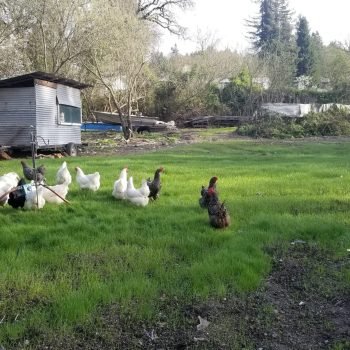
Anyone who has ever raised animals knows many things can happen, both good and bad. Life on the farm is “kind of” laid back. Buddy’s Farm was no exception to the rule.
A few years in, the Farm became a buffet for the myriad predators in the area. Skunks, opossums, bobcats, badgers, vultures, hawks, eagles, crows, mountain lions, coyotes, and more. Everything was coming for their share, whether it was chickens or eggs.
This created major stress on the flock and rendered them unable to lay. In the middle of the summer of 2015, we had zero eggs being collected and 600 birds still eating. We had to do something.
Most of the birds were sold off, and a smaller flock made its way to our home, now in Sebastopol. They kept us fed and allowed us to sell a few eggs here and there, paying for their feed and maintenance.
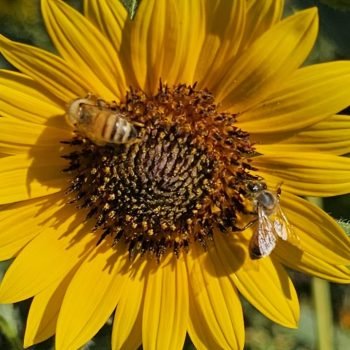
Honey! I have an Idea!
I have always had a sweet tooth, and it has been a major factor in my health. In an effort to reduce my sugar consumption, I decided to eat honey.
I purchased a gallon of wildflower honey from Marin County. Every time I wanted cake, cookies, or candy, I packed my mouth with honey.
Honey is composed of simple sugars that process in the body rapidly. When the body craves sugar, honey satisfies that need almost instantly, whereas complex carbohydrates, like cakes and cookies, require time to process before the body recognizes the sugar.
It worked! So I ate the gallon in a month and said to myself, “How do I get my friends to pay for my new addiction?”
2017
Stop and Smell the flowers!
Tiburon and Novato were our first two wildflower honey locations. We gradually expanded to include wildflowers from UC Berkeley and San Francisco, along with our first varietal honey: Lemon Blossom. In 2017, we established our first apiary at our home and farm. The honey was delicious – pure bloom and yum!
The next few years were challenging due to wildfires in our area, followed by COVID-19. Our beekeeper at the time couldn’t tend to the hives as needed, and we missed another harvest. In 2023, we decided to take matters into our own hands. We found a beekeeper who needed a place to stay and an apiary that needed attention. Cassidy helped us expand our apiary to 25 hives, setting us up for a promising 2024. This year, we harvested about 10 gallons of honey, and the hives are thriving. We expect them to be even more productive next year.
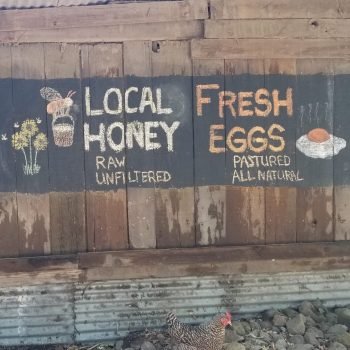
Buddy’s Farm collaborates with beekeepers throughout Sonoma, Marin, Napa, Solano, Mendocino, and beyond. We source honey from all these areas, ensuring they meet our strict standards: raw and unfiltered, with no pesticides. Nothing is taken away, and nothing is added – just as the ladies made it.
We’ve expanded our product line to include more than 15 regional wildflower and varietal honeys, BeeBitas (Italian soda), and Bee’s Freeze (snow cones) beverages made with honey. We also offer beeswax products including body lotion, sunscreen, pomade, lip balm, and crayons. In 2023, we began pairing honey and wine, and we plan to grow that market further – after all, we do live in Wine Country!
